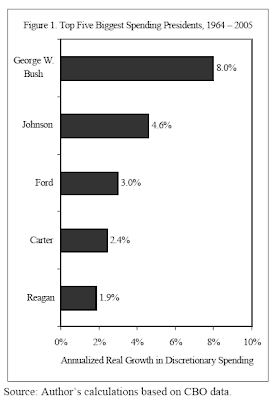 Jobless claims set new record GDP down more in 4Q
Jobless claims set new record GDP down more in 4QA line of job applicants snakes through a ropeline to attend the CUNY Big Apple Job Fair Friday, March 20, 2009 in New York. The government said Thursday March 26, initial jobless benefit claims rose slightly last week while the number of people continuing to claim benefits set a record for the ninth straight week. (AP Photo/Mark Lennihan)
WASHINGTON — For a 10th straight week, the number of people who are continuing to claim jobless benefits increased, fresh evidence that the labor market remains weak despite other hopeful signs that the recession may have bottomed out.
New claims for unemployment benefits last week rose to a seasonally adjusted 652,000 from the previous week's revised figure of 644,000, the Labor Department said Thursday. The total number of people claiming benefits jumped to 5.56 million, worse than economists' projections of 5.48 million, a ninth straight record and the highest total on records dating back to 1967.
The dismal job news is one indicator of the overall economic pain Americans have endured early in the new year. The Commerce Department said Thursday that the economy shrank at a 6.3 percent annual pace at the end of 2008, the worst showing in a quarter-century, and a bit faster than the 6.2 percent drop estimated a month ago.
But many economists project the economy is contracting in the current quarter at a 5 to 6 percent pace, still very weak by historical standards, but slightly better than the end of last year.
The stock market shook off the news. The Dow Jones industrial average added about 70 points in morning trading, and broader indices also rose.
Consumers are cutting back under the weight of rising unemployment, falling home values and shrinking investment portfolios. Those factors have forced companies to slash production and jobs. All the negative forces are feeding on each other in a vicious cycle that has deepened the recession, now in its second year.
The number of people claiming unemployment insurance for more than a week has increased by more than 100,000 four times in the past five weeks, an indication that workers are remaining on the rolls longer as they struggle to land a new job after being laid off.
As a proportion of the work force, the number of people receiving benefits is at its highest level since May 1983, when the economy was recovering from a steep recession. The total of nearly 5.6 million is almost double that of a year ago, when about 2.8 million people were continuing to receive unemployment checks.
Story continues below
And that number doesn't include an additional 1.47 million people receiving benefits under an extended unemployment compensation program approved by Congress last year. That tally was as of March 7, the latest data available.
Jobless benefits typically last 26 weeks, but Congress approved federal extensions twice last year than added an extra 20 to 33 weeks, depending on each state's unemployment rate.
Looking back to the end of last year, economists were bracing for an even sharper 6.5 percent annualized decline in the government's third and final estimate of gross domestic product for the fourth quarter.
Still, the results were dismal. The economy started off 2008 on feeble footing, picked up a bit of speed in the spring and then contracted at an annualized rate of 0.5 percent in the third quarter.
The faster downhill slide in the final quarter came as the financial crisis _ the worst since the 1930s _ intensified.
The main culprit behind the GDP downgrade was that businesses' cut inventories more deeply than estimated a month ago. That shaved 0.11 percentage points off fourth-quarter GDP, rather than adding 0.16 percentage points in the previous report.
Builders also cut spending on commercial construction more deeply through previously thought.
Many analysts believe the economy will keep shrinking at least through the first six months of this year.
In the current January-March quarter, many economists believe the economy is contracting at a pace of between 5 and 6 percent. The government will release its initial estimate of first-quarter GDP in late April. GDP is the value of all goods and services produced within the U.S. and is the best barometer of the country's economic fitness.
There were glimmers of hope on Wednesday that Americans' appetites to spend might be stirring again. Orders for costly manufactured goods and new-home sales both logged unexpected gains in February. But economists said neither result likely foreshadowed a lasting rebound.






































